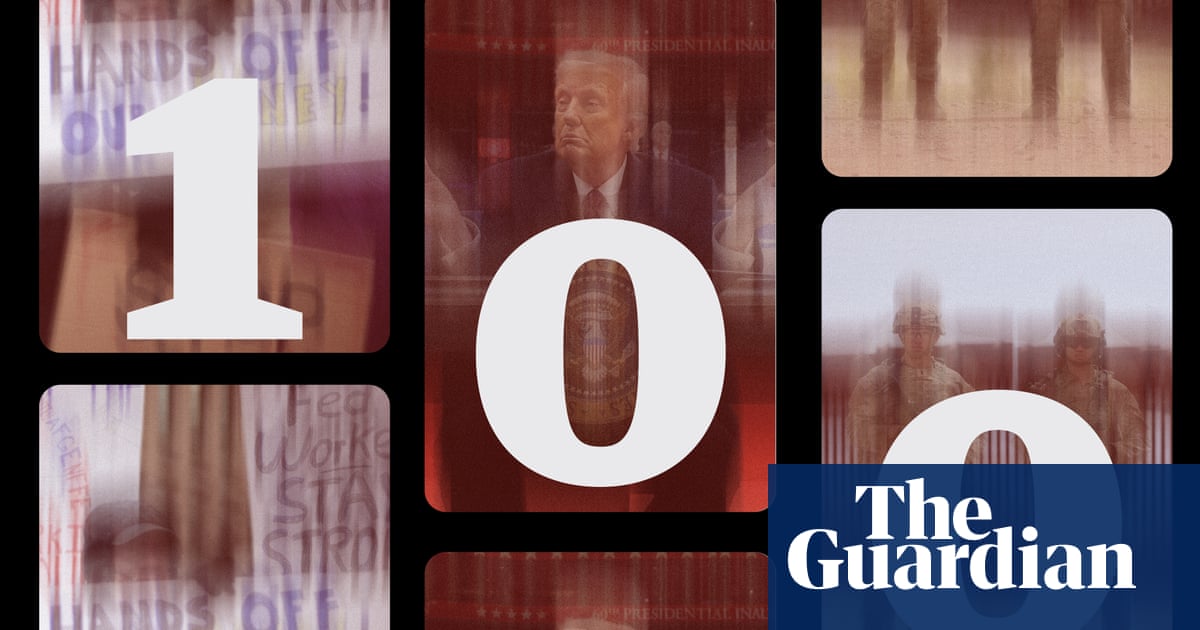Maybe it was always obvious that the whole thing was a sham. Back in 2018, when Christine Blasey Ford, Deborah Ramirez, and others accused then supreme court nominee Brett Kavanaugh of sexual assault, the powerful testimony of Blasey Ford before the Senate judiciary committee briefly seemed like it might derail the nomination. This was the height of #MeToo, remember: at the time, many women were coming forward with their own stories of sexual violence, and the accounts were numerous enough and had sufficient moral authority that powerful people felt it necessary to pretend that they cared.
Republican Senators wanted to confirm Kavanaugh quickly: the judge, who was then seated on the DC circuit, would provide the crucial fifth vote to overturn Roe v Wade, as well as supporting efforts to enshrine various other Republican policy agendas into law. Women, however, were causing a scene: two cornered then Arizona senator Jeff Flake in an elevator and screamed at him that he should be ashamed of himself. On a livestream of the altercation that went viral on social media, it looked like he was. All this made things somewhat awkward for the Republicans: they wanted to vote for Kavanaugh, but they wanted political cover to do so. This is where the FBI came in.
The FBI was tasked with investigating the allegations against Kavanaugh. The idea, or so we were told, was that the bureau would be competent and impartial: that they would get to the bottom of this. Tips poured into the FBI hotline. There were multiple allegations against Kavanaugh, and witnesses to his alleged misconduct with women – a seemingly unending number of former college classmates who had seen a drunken Kavanaugh pull his penis out at Yale and shove it into a freshman’s face, for instance – were calling in with what they felt was urgent information about the judge’s character. They depicted him as a boorish, drunken, groping misogynist, a man without dignity or self-awareness, who was patently unfit for the office to which he had been nominated. Their mistake, maybe, was in thinking that it would matter. The FBI wrapped up their “investigation” within a week. They never even interviewed Blasey Ford.
On Tuesday, the office of Sheldon Whitehouse, a Rhode Island senator, released a report confirming what many of us who observed this fracas at the time already knew: there was no real investigation into Kavanaugh’s conduct. Instead, the FBI allowed itself to be used as a prop in a bit of political theater, orchestrated by the Trump administration, which was designed not to uncover the truth of the sexual violence allegations against Kavanaugh, but to bury it.
Several of the senators who went on to vote to confirm Kavanaugh cited the FBI investigation as their justification for doing so: after all, the bureau had not found any corroborating evidence. The truth is more that the bureau was not allowed to look for such evidence. The Trump White House, the report found, “exerted total control over the scope of the investigation, preventing the FBI from interviewing relevant witnesses and following up on tips. The White House refused to authorize basic investigatory steps that might have uncovered information corroborating the allegations.”
Thousands of tips came through the FBI’s tip line, many of them corroborating the detailed, credible testimony that Ford and Ramirez had already given. The White House threw these tips away. “On instructions from the White House, the FBI did not investigate thousands of tips that came in through the FBI’s tip line,” the Whitehouse report reads. “Instead, all tips related to Kavanaugh were forwarded to the White House without investigation. If anything, the White House may have used the tip line to steer FBI investigators away from derogatory or damaging information.”
It is worth stating plainly what the Whitehouse report alleges: that the president, with the full support of his staff, used the authority of his office to cover up multiple sexual assaults, on behalf of a man whose career they wanted to advance because they believed, correctly, that he would help them take abortion rights away. It would have been grizzly enough if Trump had merely continued to support Kavanaugh in spite of the allegations. But that is not what he did. He actively helped to suppress the truth about him.
Much has been written about Trump’s style of masculinity, and how he has reanimated the Republican party around male grievance. His domineering, often grossly sexual masculinity is often seen as a contrast – or maybe a compliment – to the more patronizing and paternalistic styles of Republican male chauvinism, as seen in Christian-right types like his first vice-president, Mike Pence, or in pro-natalist family values sects like the one his current running mate, JD Vance, hails from. Trump’s ascent to the top of the Republican party was innovative, this way: he brought the prurient frat boys of America into an alliance with the repressive preacher types.
But he never really had to make this alliance with Kavanaugh. Kavanaugh and Trump are cut much more from the same cloth. Both of them have a drive to dominate that has allegedly led them to sexually abuse women – remember that, like Kavanaugh, Trump has been accused of sexual abuse too, by more than two dozen women, and a civil jury in New York found him liable for the sexual assault of writer E Jean Carroll last year. Both seem needful of the admiration and approval of other men: Christine Blasey Ford’s description of a drunken Kavanaugh tearing off her clothes as his friend watched, laughing, is not so dissimilar, this way, from Trump on the Access Hollywood tape, eager to shock and impress Billy Bush as he boasts that he can “grab ‘em by the pussy”.
To say that such men hate women would almost be an understatement: they don’t think about women enough to hate us. To them, we are little more than props in their quest for petty little gratifications – nothing more than tools they can use to sate their egos and get what they want as quickly as possible. Apparently, so is the FBI.
-
Moira Donegan is a Guardian US columnist

 8 months ago
8 months ago
 (200 x 200 px).png)








 English (US) ·
English (US) ·